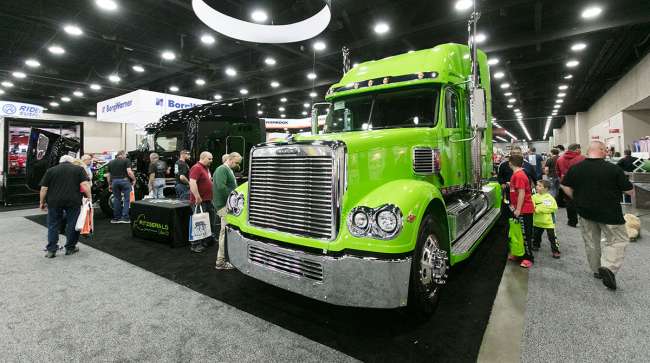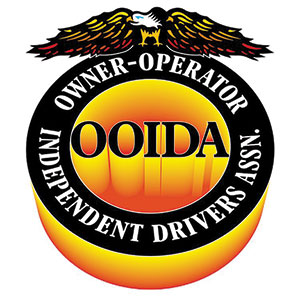Senior Reporter
EPA Proposal to Repeal Glider Kit Limit Draws Strong Battle Lines

A proposal by the U.S. Environmental Protection Agency to repeal a limit on the number of glider kits built annually is shaping up to be a battle pitting independent truckers and those that would reap economic benefits from more gliders against environmentalists, new truck makers and most trucking-related trade organizations.

In written comments, opponents of repealing the provision — which is included in the heavy truck Phase 2 greenhouse gas emissions rule — say that gliders, which pair new truck bodies with remanufactured engines, are big polluters. They say a repeal would spell a large increase in the number of these trucks on highways.
Supporters primarily include the Owner-Operator Independent Drivers Association, which said its members can save money purchasing the gliders, and Tennessee business and political interests that have been reaping the sales tax revenue and employment benefits from the nation’s largest glider manufacturer, Crossville, Tenn.- based Fitzgerald Glider Kits.

Pruitt
The controversial proposed repeal has drawn more than 3,500 written comments since it was first announced on Nov. 9. The EPA declined requests to extend the comment period, which closed on Jan. 5.
In a statement, EPA Administrator Scott Pruitt called the Obama administration’s rule limiting gliders “an attempt to bend the rule of law and expand the reach of the federal government in a way that threatened to put an entire industry of specialized truck manufacturers out of business.”
However, opponents of the repeal say that what may be good for Tennessee and the glider industry would spell bad news for the environment and the strides that the trucking industry has made in reducing harmful emissions.
“While the best-run trucking companies in the nation are heavily investing in cleaning up the environment and improving the overall profile of the industry, the glider vehicle industry openly promotes their sale of ‘pre-emission engines’ and uses the cost savings differential between clean diesel technologies and high-emitting old trucks as a promotional sales pitch,” American Trucking Associations said in written comments.
ATA added, “Gliders are marketed as an option to save money, avoid maintenance costs and weight penalties, skirt federal excise tax payments, improve reliability, elude the use of engine technologies that virtually eliminate NOx and PM emissions, and to avoid the installation of safety equipment in pre-2000 vehicles under the electronic logging device rule.”

But OOIDA said the glider kits provide truckers with affordable and reliable vehicle choices when they are purchasing either new or used trucks.
“Given their unique assembly, glider kit prices are typically 25-30% less than a new truck, allowing independent owner-operators to save tens of thousands of dollars on their purchase, enabling them to devote limited resources to other business priorities,” OOIDA wrote.
Volvo Trucks, echoing comments by other manufacturers of new trucks, wrote that the repeal proposal is “unreasonable, is contrary to the provisions of the Clean Air Act, and undermines the multi-million dollar investments Volvo Group and others have made toward achieving tremendous air quality improvements in this country.”
The Glider Kit Association of America called such arguments “a fantasy in the minds of particular manufacturers and truck dealers who do not build or sell glider kits or glider vehicles.”
“Indeed, of the hundreds of customers our members have heard from, the overwhelming response is that they would continue to operate their old truck and possibly rebuild its engine rather than purchase a new truck, even knowing that the new truck would have a new chassis and safety upgrades,” the trade group wrote.
But the Sierra Club, an environmental nonprofit, wrote that some glider kits’ used engines can emit as much as 40 times the greenhouse gas and particulate pollution of modern engines.
“A repeal would declassify glider kits as new vehicles or engines, making them no longer subject to air pollution control requirements,” the Sierra Club argued. “A rollback is a blatant attempt to rig the system for the glider industry at the expense of American families and jobs.”


